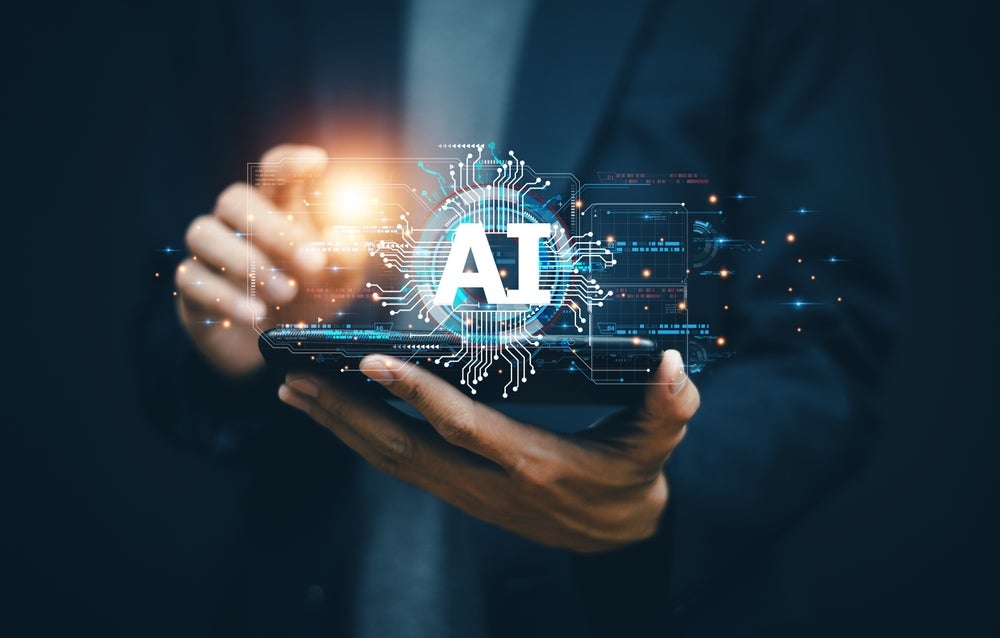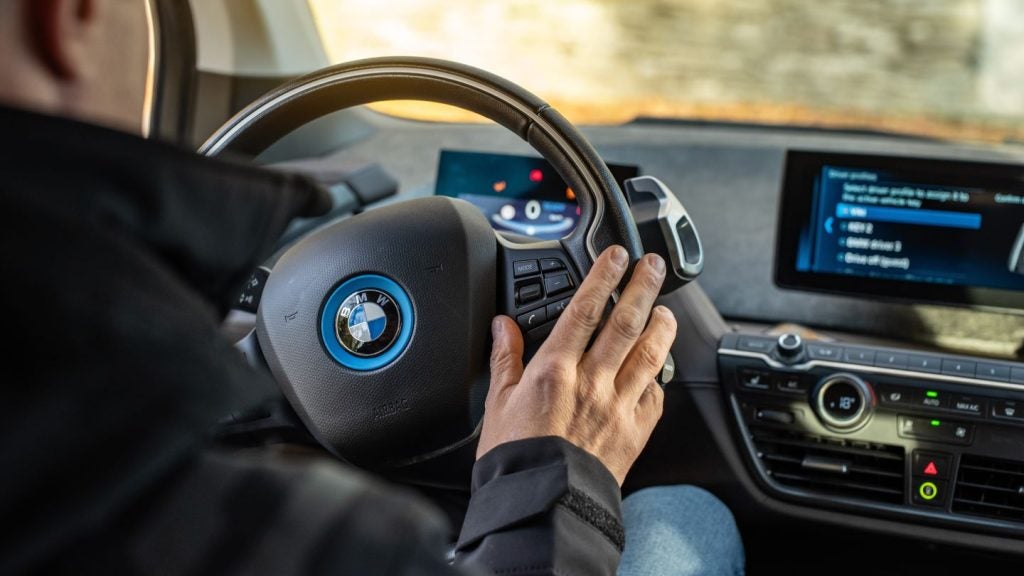Rising repair costs, supply chain disruptions, and changing customer expectations are forcing insurers and repairers to rethink how they operate. AI and machine learning are at the centre of this shift, helping businesses work smarter, make faster decisions, and improve efficiency across claims handling, risk management, and vehicle maintenance.
In my role as Solera’s North Europe VP, I see firsthand how AI is reshaping the industry, improving interactions between businesses, customers, and suppliers.
Making claims and repairs more efficient
For years, claims processing has been complicated by the need for wholly manual assessments and the consequent creation of fragmented data, leading to delays and higher costs. AI is changing that, enabling insurers and repairers to assess damage faster, determine the best repair approach, and streamline decision-making.
Solutions from companies worth their salt combine visual intelligence and repair science to generate real-time damage assessments. This means insurers can approve claims more quickly while ensuring accuracy, reducing disputes, and avoiding unnecessary write-offs.
For repairers, AI-driven estimates help plan workloads more effectively, cutting turnaround times and improving service levels. When repair decisions happen quickly and reliably, unnecessary stockpiling is reduced, and the right parts are available when needed.
This alignment between insurers, repairers, and suppliers is making the claims process smoother and more predictable.
Improving vehicle health and risk management
AI-powered analytics are helping insurers and fleet operators shift from reactive to proactive decision-making. By analysing vehicle condition, driving behaviour, and repair history, AI helps prevent breakdowns and reduce accident risks.
Telematics, AI-powered video, and advanced analytics are increasingly being used across the industry to monitor driver behaviour and vehicle health in real time. Early identification of risks enables fleets to take preventative action, reducing costs and improving safety.
At the same time, predictive maintenance is helping to optimise servicing schedules by basing them on actual vehicle usage rather than fixed intervals. This approach extends vehicle lifespan and reduces the likelihood of unexpected breakdowns.
For insurers, AI is refining risk assessment models. Instead of relying on broad demographic factors, real-time driving data and vehicle condition now influence pricing.
This shift enables usage-based insurance models that offer fairer premiums while encouraging safer driving habits.
Supporting sustainability
Sustainability is a growing priority across the industry, and AI is playing a key role in reducing environmental impact. Smarter claims decisions mean fewer unnecessary replacements, cutting waste and supporting a more circular economy.
AI-powered assessments ensure that repairable parts are identified correctly, increasing the use of recycled and remanufactured components. This is particularly important in the aftermarket, where demand for high-quality refurbished parts is rising.
Accurate damage assessments help repairers adopt sustainable practices while maintaining safety and quality. AI also assists fleet operators and insurers in reducing emissions by optimising vehicle routing and maintenance schedules, lowering fuel consumption and carbon footprints.
With regulatory pressure mounting around environmental impact, AI-driven reporting tools are giving insurers and fleet managers the data they need to track and manage Scope 3 emissions effectively. As sustainability becomes both a business and regulatory imperative, AI is proving to be a fundamental tool for long-term strategy.
AI & data-powered solutions in the aftermarket
Beyond insurance, AI is driving improvements in the aftermarket by enhancing supply chain efficiency, parts procurement, and customer service.
More accurate demand forecasting helps manufacturers, suppliers, and repair networks maintain optimal stock levels, reducing waste and improving availability.
Data-powered platforms are making it easier for repairers to source parts by using data-driven insights to identify cost-effective, high-quality alternatives, including green parts. This supports efficient repair processes without compromising quality or safety.
For consumers, AI-driven service recommendations and predictive maintenance tools are enabling a more personalised experience. By anticipating potential issues before they occur, repairers can offer proactive support, helping to build trust and improve customer satisfaction.
A more connected and intelligent future
It’s clear how AI is already transforming how insurers, repairers, and suppliers work together to create a more connected and customer-centric industry.
For businesses that embrace AI strategically, they are seeing real benefits. Better decision-making, reduced waste, and improved service.
As AI continues to evolve, those who leverage it effectively will reap enhanced customer experiences, and contribute to a smarter, more sustainable automotive ecosystem.
Chris Wright is Vice President, North Europe at Solera








